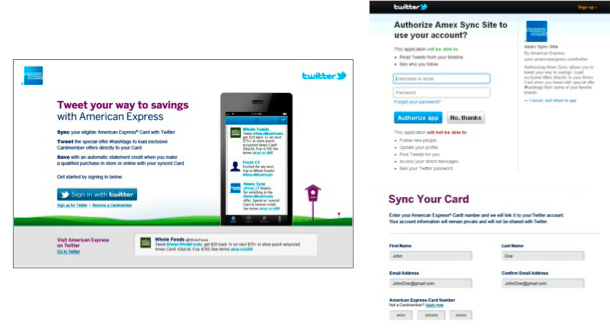 |
| Image source: Flickr |
Whether you are the one conducting the meeting or the individual attending, this application makes it easy to plan, invite others, and participate in the event while not only being able to hear everything, but also see anything that is being presented. This online tool may help us feel as though we are actually making use of all the time we have in a day that previously we felt we never had enough of.
So if you are a smaller company or credit union, other than for compliance regulations, why use log management? A log management system can analyze the logs, looks for irregularities, spot suspicious events, and even track repeated failed login attempts or port scans. Even within smaller companies, a breach of security is still a definite possibility. Is your company using any sort of log management system? If so, have you found it to be beneficial? If you are not using one, what are your hesitancies in taking the next step to protect your company?
How can you incorporate this application into your business? Look here for more ideas.























